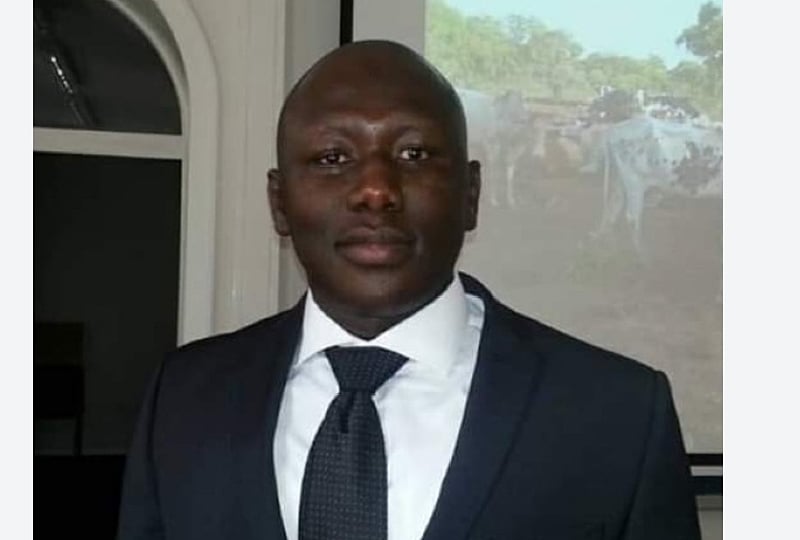The conflict between the Gonja and Brefo communities over land is not merely a land dispute, but rather a deeper issue rooted in ethnic supremacy, a common driver of conflict in Ghana. Dr. Kaderi Noagah Bukari, a Senior Research Fellow at the University of Cape Coast, argues that the long-standing peaceful coexistence between these groups underscores that the current violence, characterized by loss of life and property, is fueled by intolerance and a struggle for dominance, not simply disagreements over land ownership or chieftaincy. This intolerance, he argues, hinders dialogue and peaceful resolution, requiring a fundamental shift in societal attitudes towards acceptance and understanding.
Dr. Bukari further highlights the alarming proliferation of firearms in northern Ghana, fueled by insurgencies in neighboring Sahel countries like Burkina Faso, Mali, and Niger. The porous borders between Ghana and these countries, coupled with the availability of cheap firearms from Togo, contribute to the easy access to weapons, exacerbating conflict and making resolution more complex. This easy access to weaponry intensifies the violence and poses a significant challenge to peacebuilding efforts in the region.
Ghana’s early warning systems for conflict prevention are inadequate, according to Dr. Bukari. He criticizes the government’s reactive approach, emphasizing the need for proactive measures to address the clear warning signs present in known conflict areas. Early intervention and preventative strategies are crucial to de-escalate tensions before they erupt into widespread violence. This requires a more robust and proactive system capable of identifying and addressing potential triggers before they escalate into full-blown conflicts.
Contributing to the discussion, Dr. Janet Boateng, also of the University of Cape Coast, emphasizes the importance of consolidating democratic gains achieved over three decades. She urges Ghanaians to not only coexist peacefully but also to develop innovative strategies for strengthening democracy. Conflict resolution plays a vital role in this process, as ongoing disputes undermine the foundations of a stable and democratic society. Building lasting peace is therefore essential for furthering democratic progress and ensuring long-term stability.
Isaac Kuofie, Deputy Secretary of the New Patriotic Party in Cape Coast, attributes the exacerbation of conflicts in Ghana to politically charged rhetoric employed during the 2024 elections. He alleges that politicians vying for votes often inflame tensions in conflict-prone areas, contributing to the widespread availability of firearms in northern Ghana. He suggests that nearly every household in these regions possesses multiple guns, a deeply concerning trend demanding immediate attention. Kuofie calls for an apology from President Mahama to Dr. Bawumia for inflammatory remarks made during the election campaign as a first step towards collective conflict resolution.
Rafiu Anwar-Sadat, a Research Assistant at the Parliament of Ghana, counters Kuofie’s call for an apology, advocating for depoliticization of conflict resolution efforts. He stresses the need for peaceful dialogue and negotiation between the feuding factions, highlighting poverty and deprivation as the common enemy of the people in northern Ghana, not each other – a sentiment previously expressed by President Mahama. Anwar-Sadat notes the stark developmental disparities between northern and southern Ghana, emphasizing that peace is a prerequisite for progress. He urges northerners to support President Mahama’s peacebuilding initiatives to bridge this developmental gap and achieve prosperity. The panel unanimously agrees that political parties must refrain from exploiting conflict for political gain and work together to foster peace and development.














